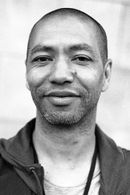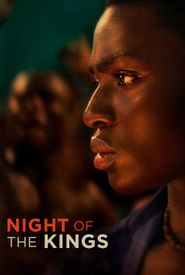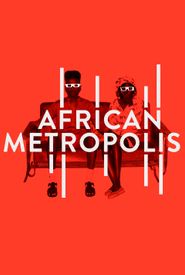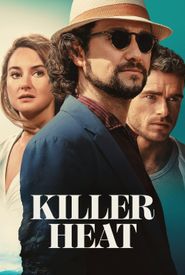Philippe Lacôte's early life was deeply influenced by his proximity to a movie theater called "Le Magic" in Abidjan, a city that played a significant role in shaping his future endeavors.
In 1989, Lacôte began his career as a radio reporter, producing a series of sound portraits that captured the historic moment of the Berlin Wall's fall. This experience sparked his interest in storytelling and laid the groundwork for his future projects.
As he honed his craft, Lacôte transitioned to filmmaking, creating his first short films, including "The Messenger" and "Affaire Libinski", which received recognition at various international festivals. This period also saw the development of his narrative style, characterized by a strong focus on storytelling.
In addition to his narrative work, Lacôte has been actively producing documentaries since 2002, often using a first-person perspective to bring his subjects to life. His documentary films, such as "Cairo Hours" and "Chronicles of War in the Ivory Coast", showcase his ability to craft compelling stories that explore complex themes.
The culmination of Lacôte's diverse experiences and approaches is evident in his feature film debut, "Run", which premiered at the 2014 Cannes Film Festival as part of the Un Certain Regard selection. This film represents the fusion of Lacôte's narrative and documentary styles, showcasing his unique ability to craft engaging stories that resonate with audiences.

















